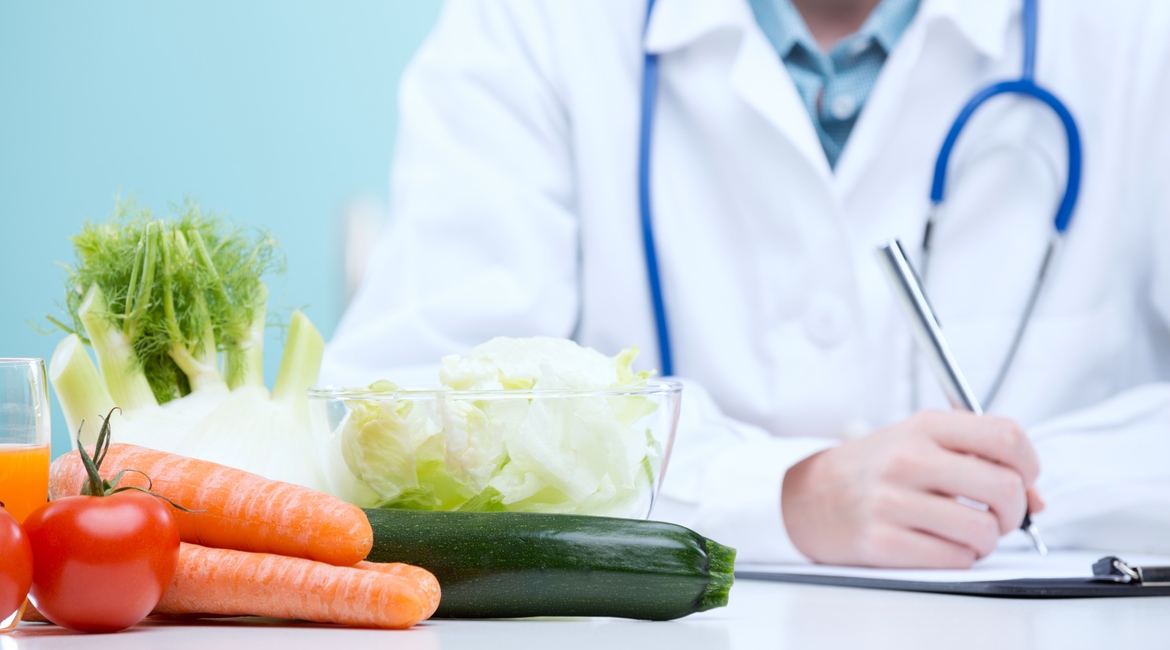Herbal tea has long been celebrated for its soothing, aromatic qualities and numerous health benefits. Often mistaken as “tea,” it actually consists of infusions of herbs, flowers, seeds, or roots in hot water. While herbal teas like chamomile and peppermint have a strong reputation, a compound called EGCG (epigallocatechin gallate) takes the spotlight when discussing green tea’s extraordinary health properties.
This article explores the world of herbal tea, its benefits, and dives deep into what EGCG is, highlighting its unique role in promoting health.
What is Herbal Tea?
Herbal tea is a beverage created by steeping a mixture of dried herbs, spices, flowers, or fruits in hot water. Unlike traditional black, oolong, or green teas, herbal teas do not contain leaves from the Camellia sinensis plant. Instead, they are entirely caffeine-free, making them a go-to choice for evening relaxation or mid-day refreshment.
Popular Varieties of Herbal Tea
- Chamomile Tea: Renowned for its calming effects and sleep-inducing properties.
- Peppermint Tea: Aids digestion and reduces headaches.
- Rooibos Tea: Packed with antioxidants and beneficial for skin health.
- Hibiscus Tea: Lowers blood pressure and offers a tart, cranberry-like flavor.
- Ginger Tea: A natural remedy for nausea and inflammation.
The Health Benefits of Herbal Tea
Herbal teas are much more than soothing beverages. Each variety offers unique health advantages, depending on its ingredients.
- Rich in Antioxidants: Most herbal teas are brimming with antioxidants that protect cells from oxidative stress and aging.
- Improves Digestion: Peppermint and ginger teas are particularly effective in promoting healthy digestion and alleviating nausea.
- Enhances Relaxation: Chamomile and lavender teas work wonders for reducing stress and improving sleep quality.
- Boosts Immunity: Teas infused with ingredients like echinacea or elderberry strengthen the immune system.
- Anti-inflammatory Properties: Herbal infusions such as turmeric tea help combat inflammation, offering relief from chronic conditions like arthritis.
Understanding EGCG: The Star Compound in Green Tea
EGCG, short for epigallocatechin gallate, is a type of catechin—a natural antioxidant found primarily in green tea. It has garnered widespread attention due to its potent health benefits and ability to target specific health concerns.
Where is EGCG Found?
- Predominantly in green tea leaves.
- To a lesser extent in white and black teas.
- Absent in most herbal teas due to their non-Camellia sinensis origins.
The Health Benefits of EGCG
EGCG stands out because of its bioactive properties, which help the body combat oxidative stress, chronic diseases, and inflammation.
- Fights Free Radicals: EGCG neutralizes free radicals that cause cellular damage, reducing the risk of chronic diseases like cancer.
- Supports Heart Health: By improving cholesterol levels and enhancing blood circulation, EGCG helps prevent cardiovascular diseases.
- Aids in Weight Management: Studies suggest that EGCG can boost metabolism and aid in fat burning, making it popular in weight loss regimens.
- Neuroprotective Properties: EGCG’s antioxidant action protects brain cells, reducing the risk of neurodegenerative disorders like Alzheimer’s.
- Improves Skin Health: Its anti-inflammatory properties help combat acne and promote youthful skin.
Herbal Tea vs. Green Tea: Which One to Choose?
Though herbal tea and green tea share certain health benefits, they cater to different needs.
| Criteria | Herbal Tea | Green Tea (EGCG) |
|---|---|---|
| Caffeine Content | Naturally caffeine-free | Contains moderate caffeine |
| Primary Benefit | Calming and relaxation | High antioxidant power |
| Best For | Evening consumption, digestive aid | Morning energy boost, weight loss support |
| Key Ingredient | Herbs, spices, flowers | EGCG from green tea leaves |
How to Include Herbal Tea and EGCG in Your Diet
For Herbal Tea:
- Choose blends tailored to your needs. For example, opt for chamomile for relaxation or ginger tea for digestion.
- Brew properly, as over-steeping can make herbal teas bitter.
- Drink 2-3 cups daily for maximum health benefits.
For EGCG from Green Tea:
- Limit consumption to 3-4 cups a day to avoid excessive caffeine intake.
- Add a splash of lemon to enhance absorption of EGCG.
- Choose high-quality, organic green tea for optimal benefits.
Exploring Herbal Tea Blends Rich in Antioxidants
Certain herbal teas contain high levels of antioxidants, though they lack EGCG. Some popular blends include:
- Berry Hibiscus: Combines the antioxidant power of berries with the tangy flavor of hibiscus.
- Turmeric Ginger: A golden elixir for immunity and inflammation.
- Mint Green Tea: Combines the calming effects of peppermint with green tea’s EGCG benefits.


